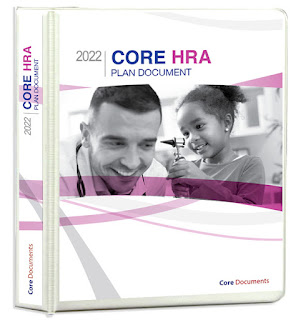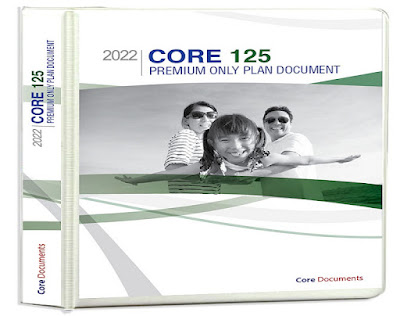The Ultimate Guide on Dental HRA
Employers can begin adopting the Individual Coverage Health Reimbursement Arrangement, or ICHRA plan, beginning of January 2020. We pronounce it "ick-rah" rather than the widespread mispronunciation of "Individual Coverage Health Reimbursement Accounts."
 |
| Dental HRA |
The 2017 invention of the QSEHRA, another type of Dental HRA, led to the development of the ICHRA. Both provide for tax-free reimbursement of employees' individual health insurance costs by employers, but the ICHRA is a "super-charged" variation of the QSEHRA with larger limits and more design freedom that will be more attractive to employers.
Benefits for Employers
Adaptability
Any size of employer can customise the dental HRA to match their needs and objectives. Employers specify the admissible medical expenses, set the reimbursement cap (no maximum), and create employee classes. Employees are given the freedom to select the plan that best suits their needs.
Cost-effectiveness
With ICHRA, the employer's budget is predictable and free of surprises. A business must consider escalating premiums, claims, renewal rates, participation rates, and administrative costs while using the conventional health insurance model.
Easy access
No need to stress about yearly premium networks, renewals, participation rates, or onerous administrative requirements. An ICHRA plan takes very little time and effort to set up and maintain.



Comments
Post a Comment